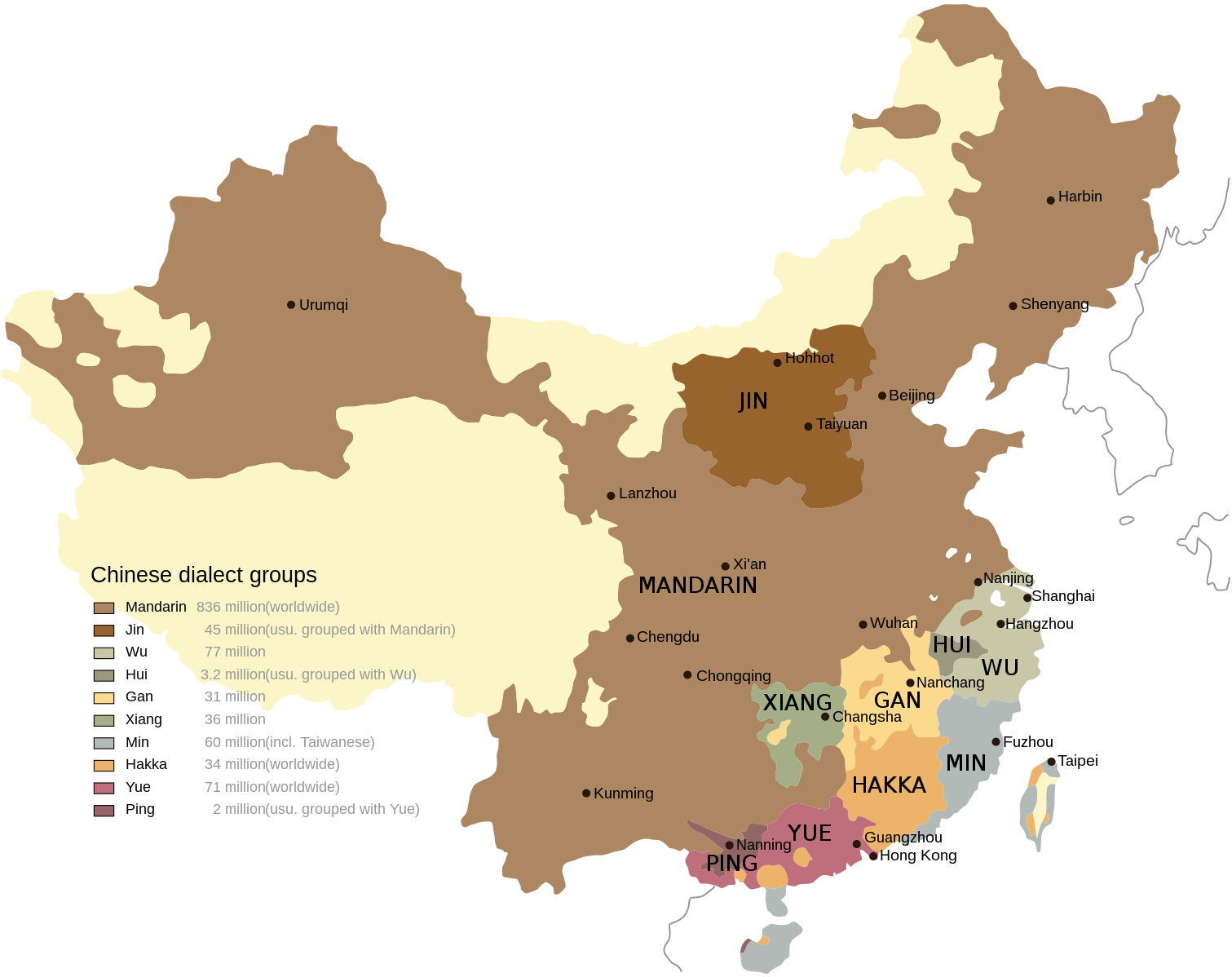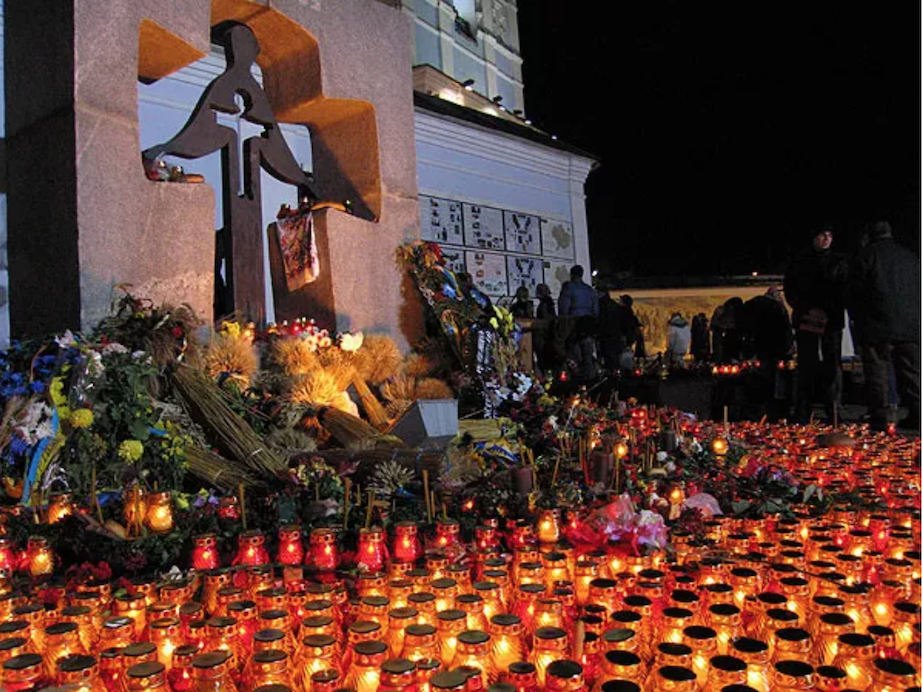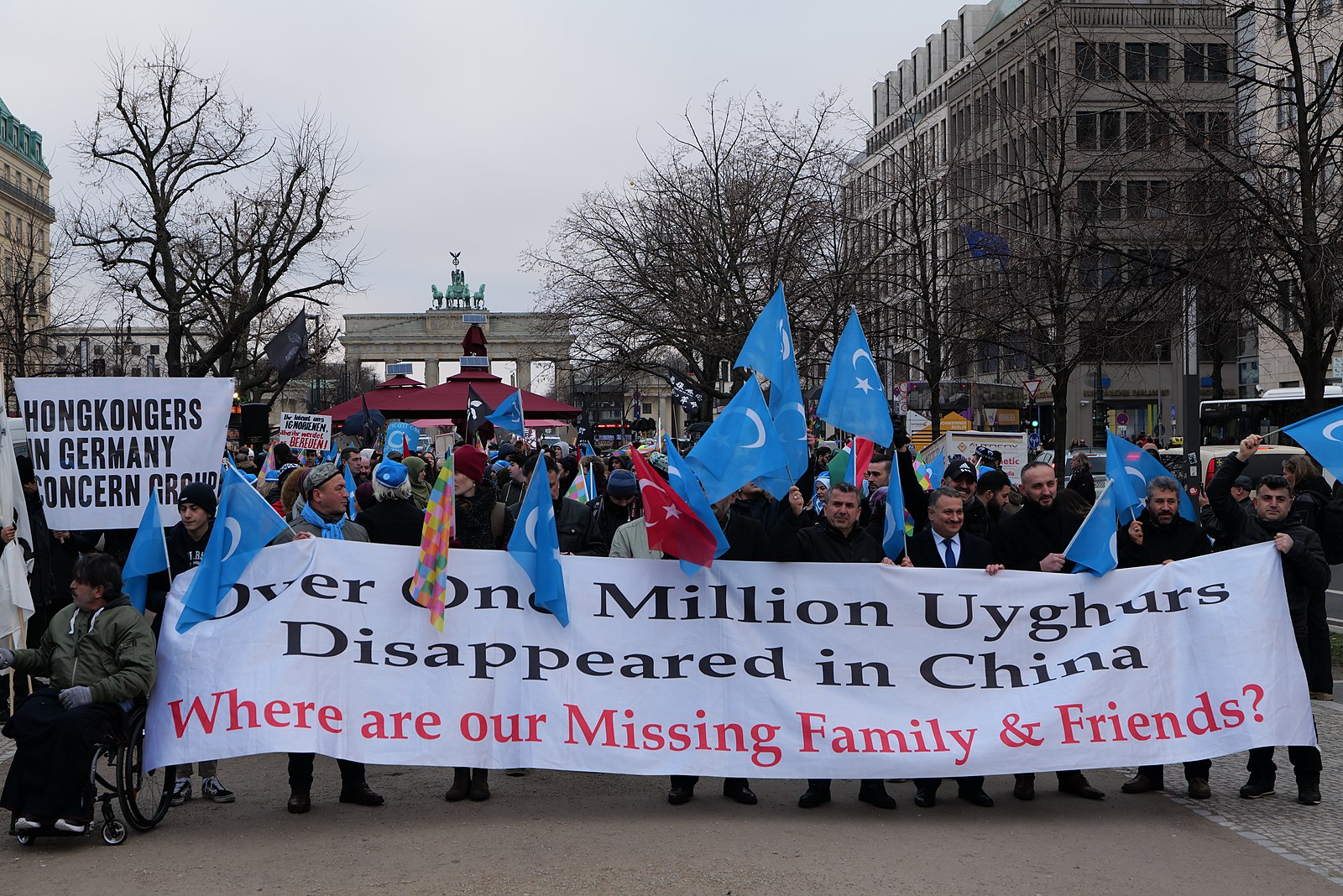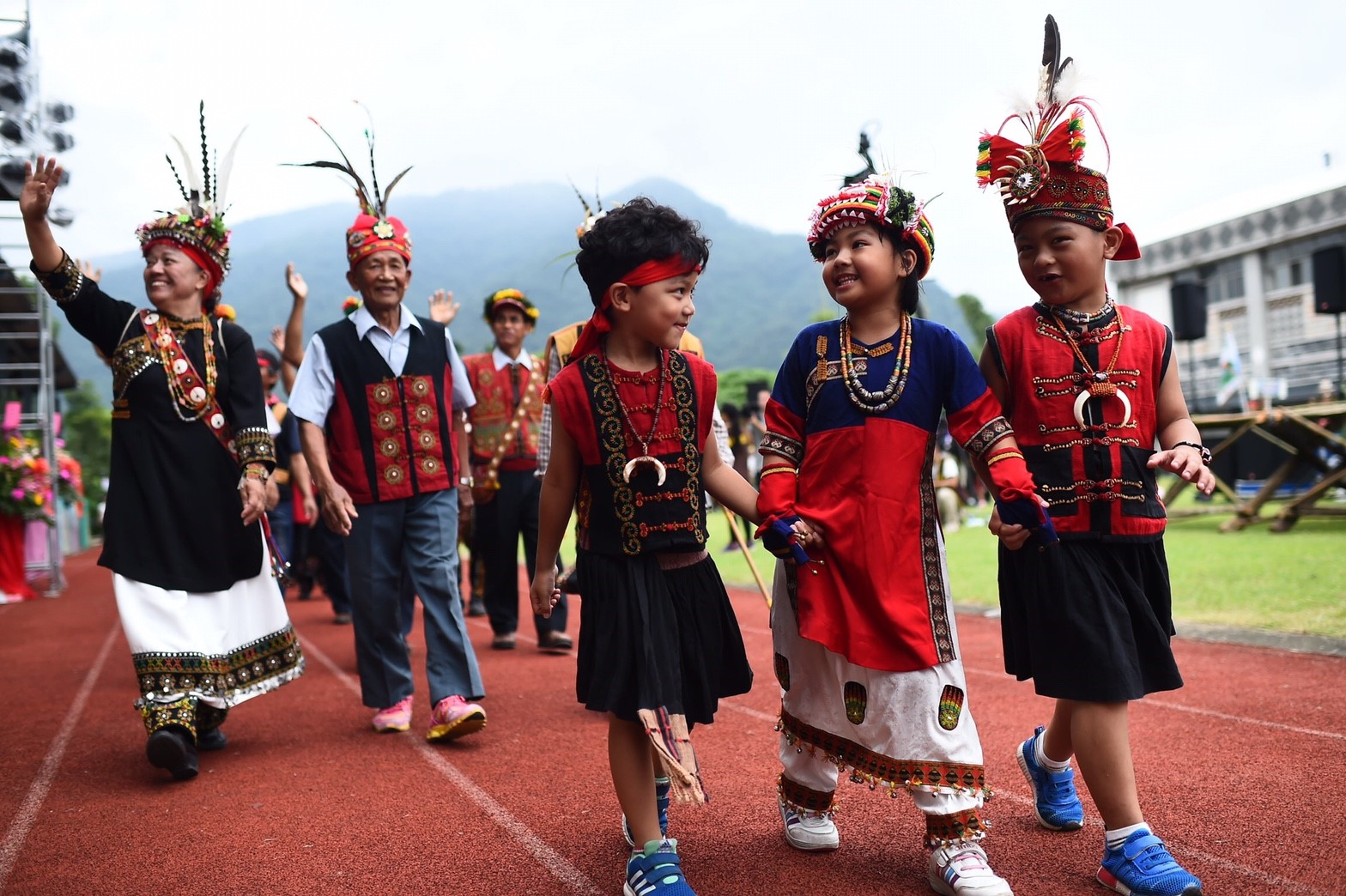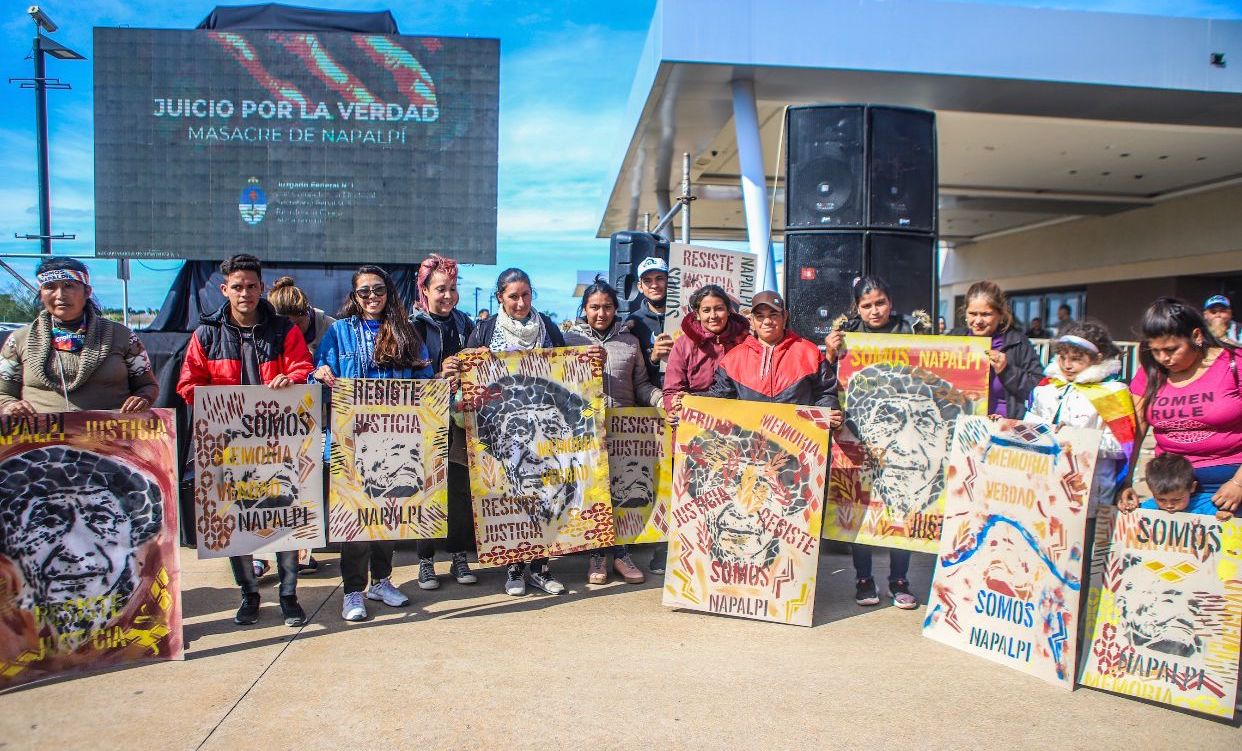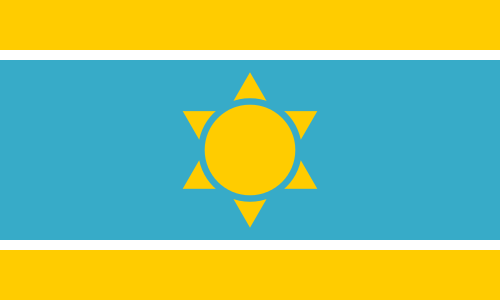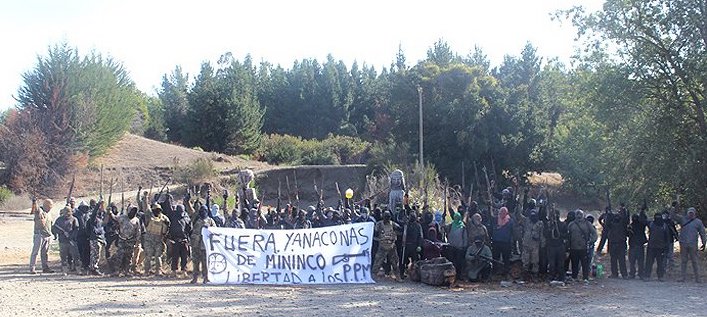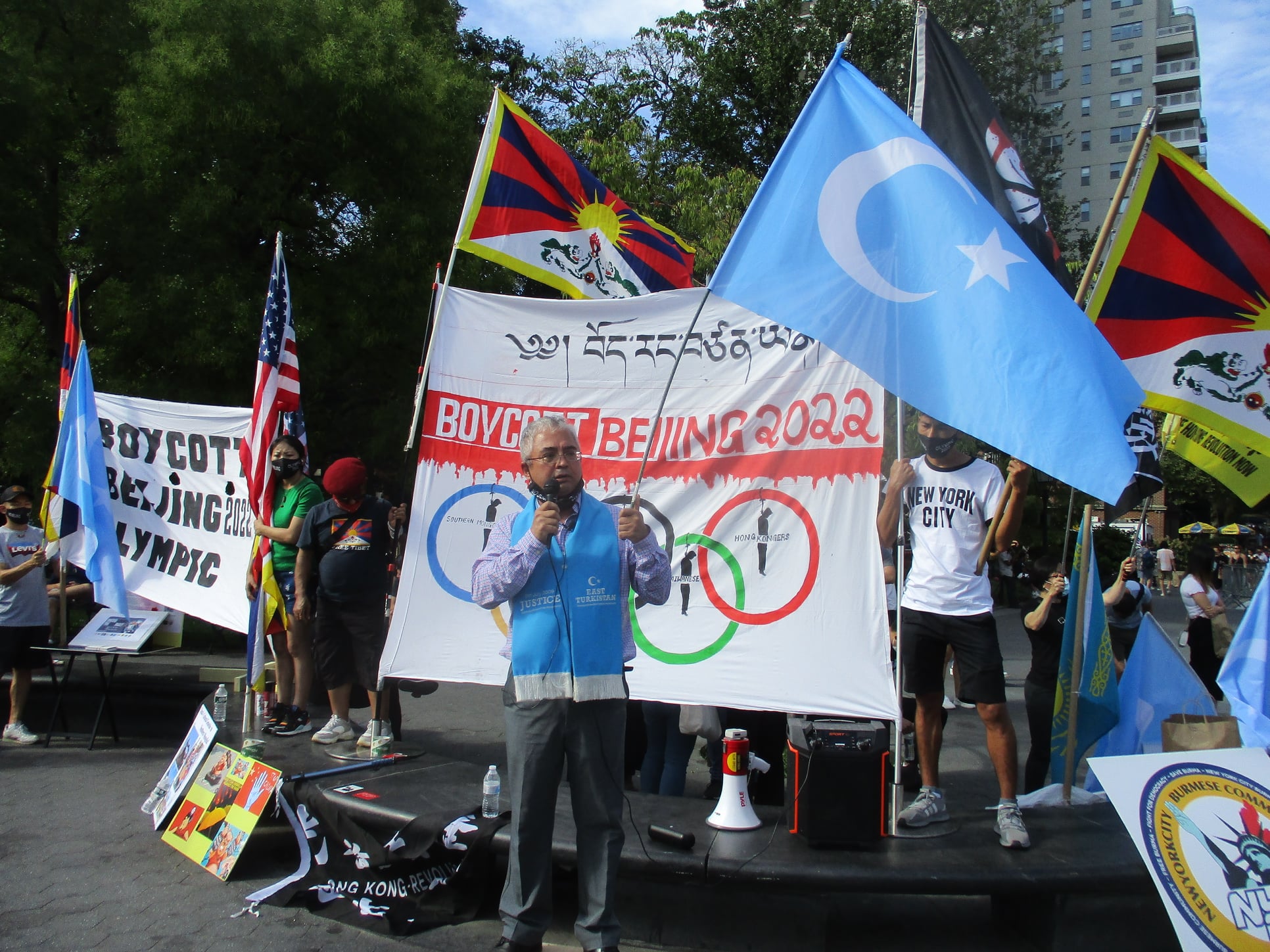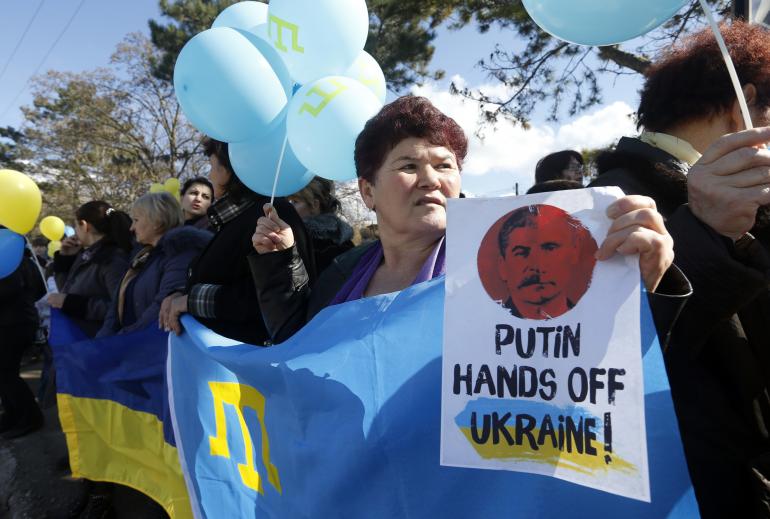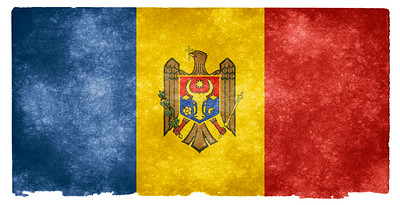
Moldova drops ‘Moldovan’ language; Russia irked
The parliament of Moldova voted to remove references to the “Moldovan” language from the country’s constitution and enshrine Romanian as the official language for all legislation. Lawmakers asserted that “Moldovan” is actually indistinguishable from Romanian, and that the notion that it is a separate language is a product of Soviet propaganda. The vote was applauded by Romania, whose foreign minister Bogdan Aurescu stated that the Moldovan language is an “artificial construct.” But pro-Russian Moldovan lawmakers assailed the move—as did the Russian Foreign Ministry, which issued a statement snarkily suggesting that Aurescu is an “artificial construct.” Moscow claimed that Moldovan is a distinct and older form of Romanian, which is now “officially preserved only in Transnistria,” the breakaway region of Moldova hosting Russian troops. (Image: Nicolas Raymond via Flcikr)




